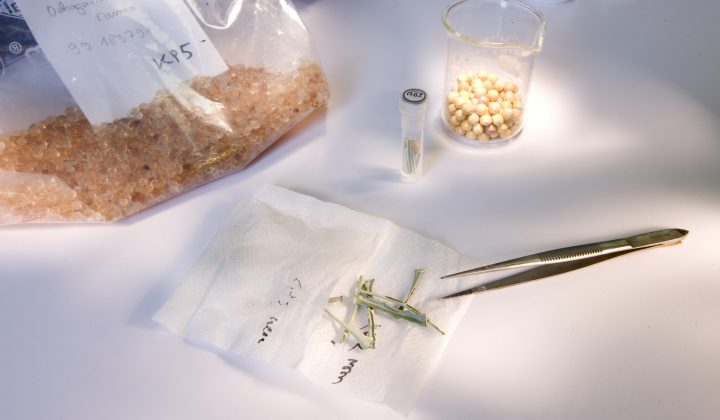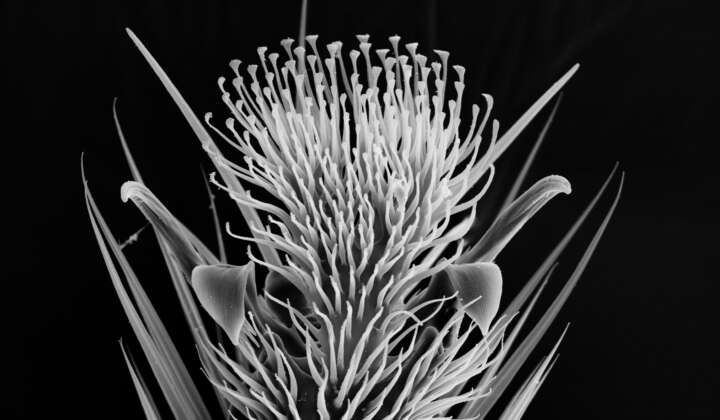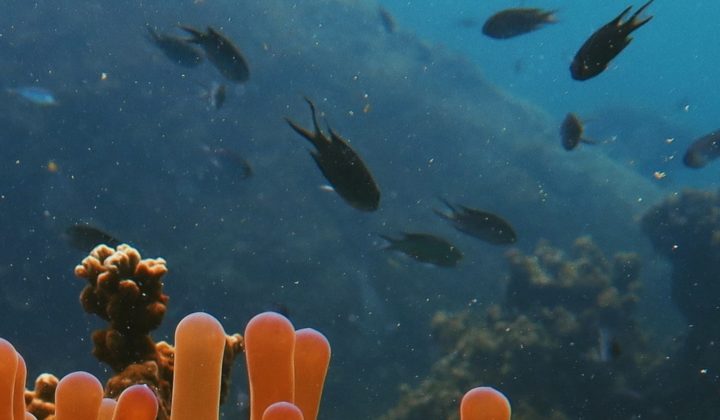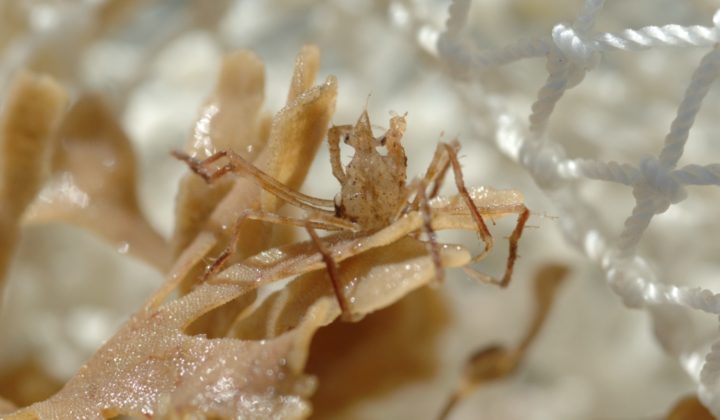Marine Zoology
Biodiversity Information
Specimen digitization is one of the greatest challenges for natural history collections. Not only do our museum collections represent the majority of known species and comprise the largest numbers of available specimens, but also presents a number of logistical problems that have, so far, hampered attempts to develop automated digitization and data capture workflows. If we succeed to digitize the natural history collection and mine the data from the literature to open-access databases, studies on biodiversity, the future distributions of species, and even ecosystem functioning change could be significantly enhanced in many aspects.
Our long-term visions rely on digitized products rather than the physical specimen. Creating digital workflows facilitate curation, data sharing and linkages, and large scale biogeography studies. This thus preserves the value of physical specimens, establishes a global community, and enables the development of automated approaches to advance the geobiodiversity discovery and conservation. These efforts will finally transform the biodiversity assessments in response to fundamental questions brought by policy makers including those concerning the modern issues of global climate change.
Some of the tasks of the ‘Biodiversity Information Section’ at Senckenberg are
- Interlinking and digital accessibility between Senckenberg institutes
- Driving digitization and networking of Senckenberg’s collection objects, also coordination of digitalization
- Networking collections and biodiversity data in a digital era (e.g. CETAFF and DiSSCo)
- Strategic further development of biodiversity informatics, as well as new approaches for data analysis of geobiodiversity data
- Strategic development of data archiving at Senckenberg
- Representation of Senckenberg in national and international committees
- Participation in the design and programming of biodiversity databases
- Leading the projects related to Data Management Plan and Nagoya Protocol at Senckenberg
- Carrying out research and supervising students in the area of biodiversity and climate change (information)







